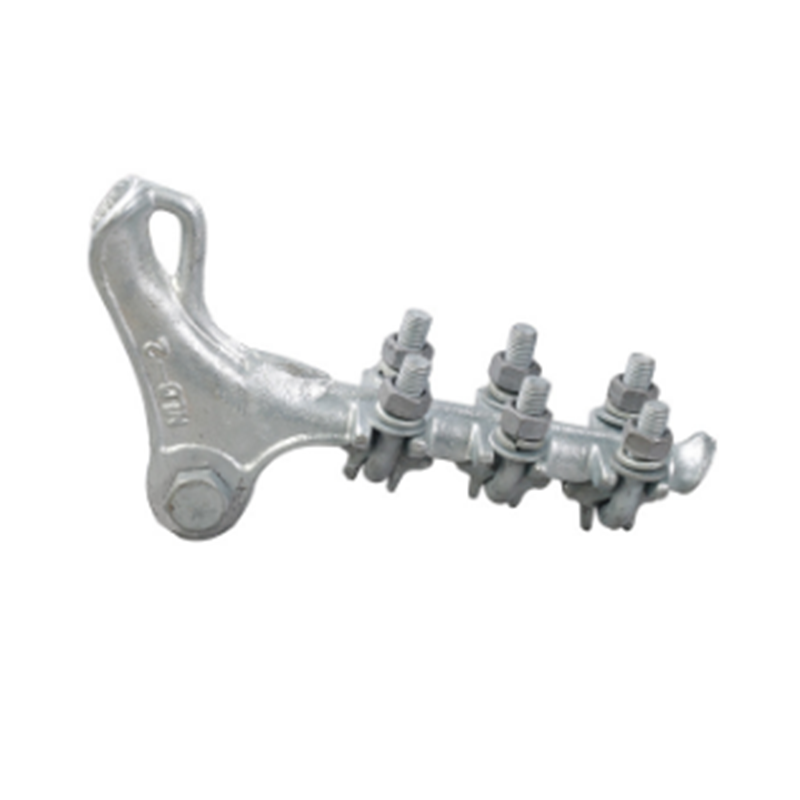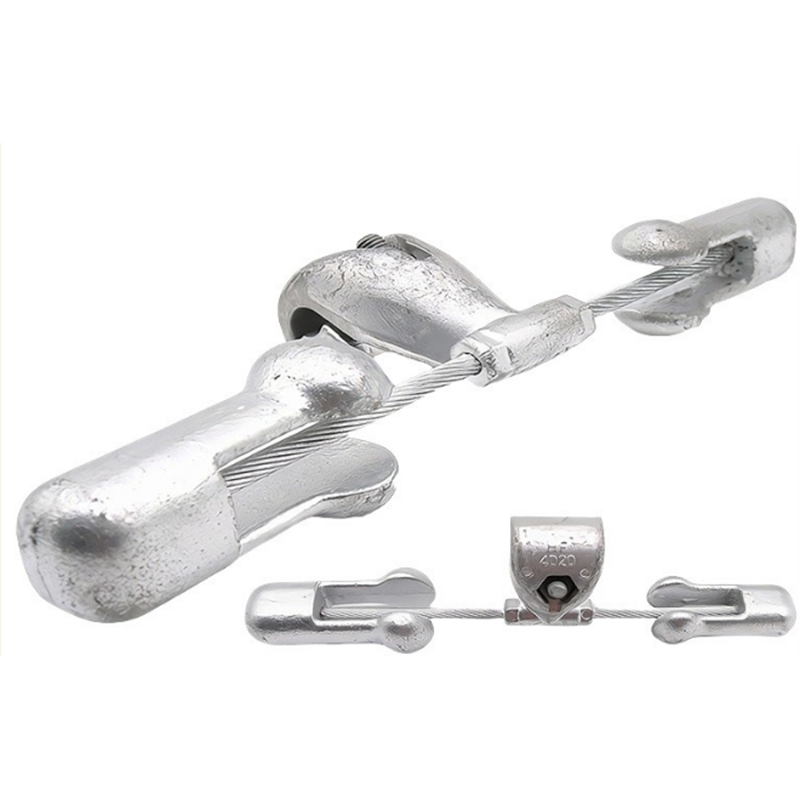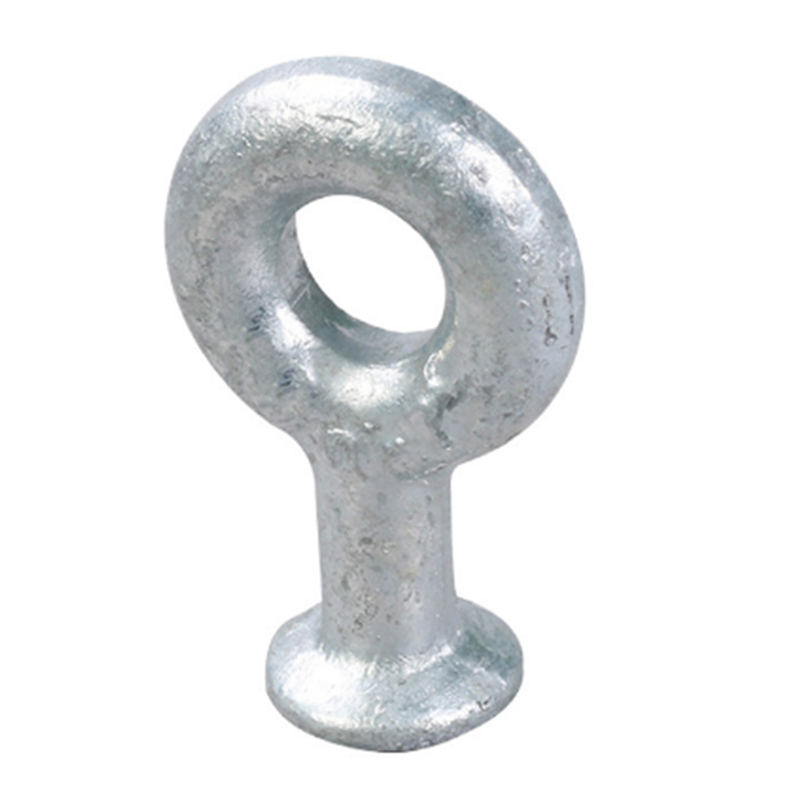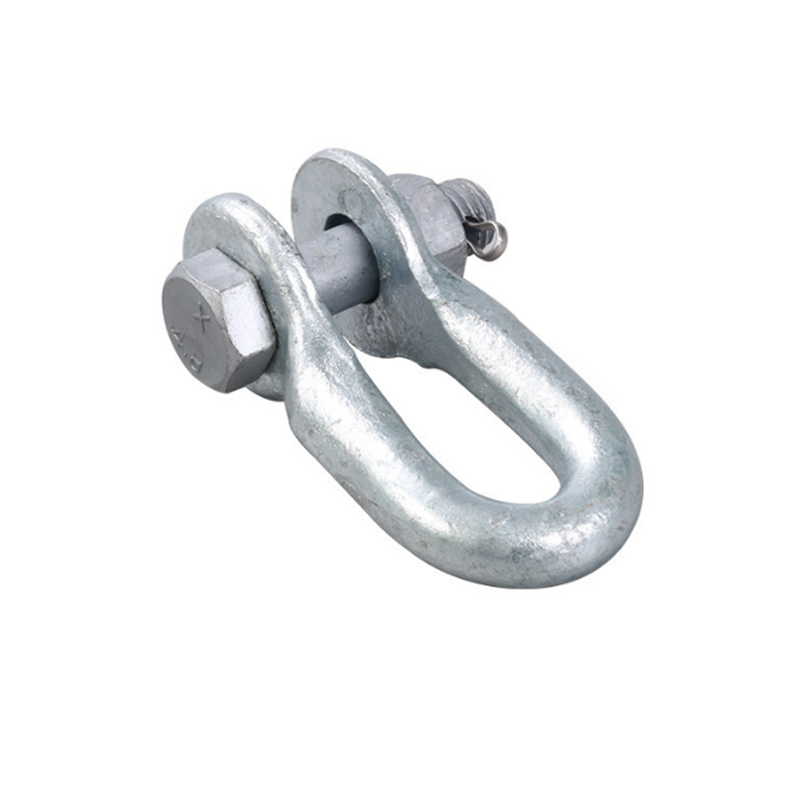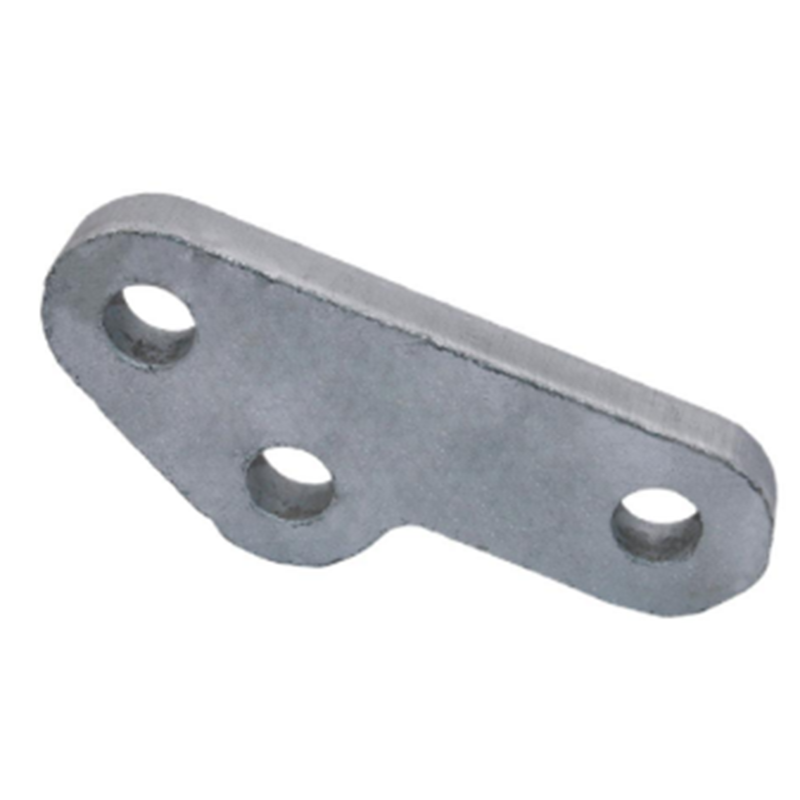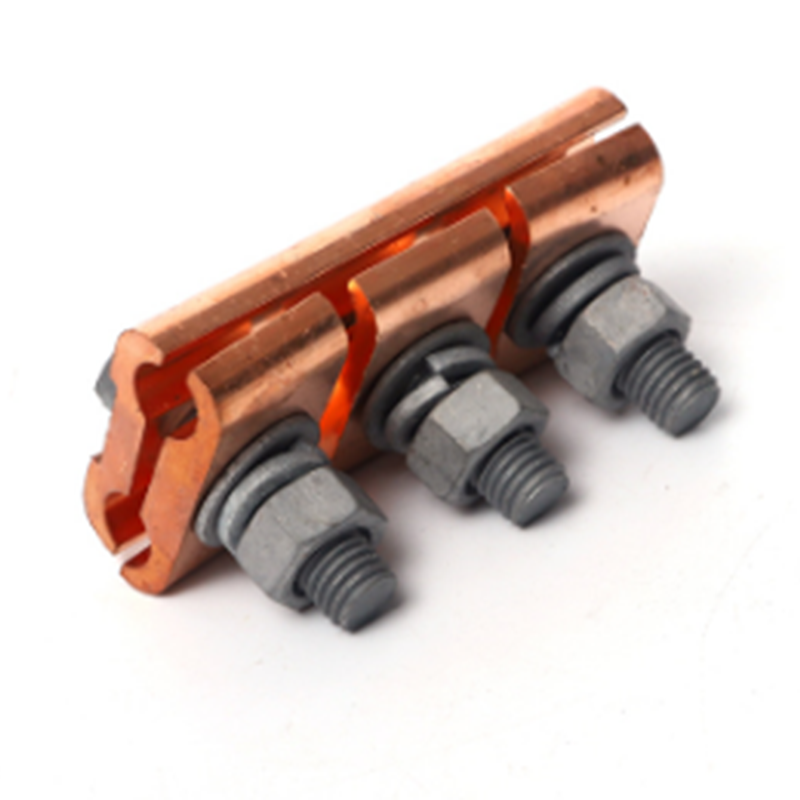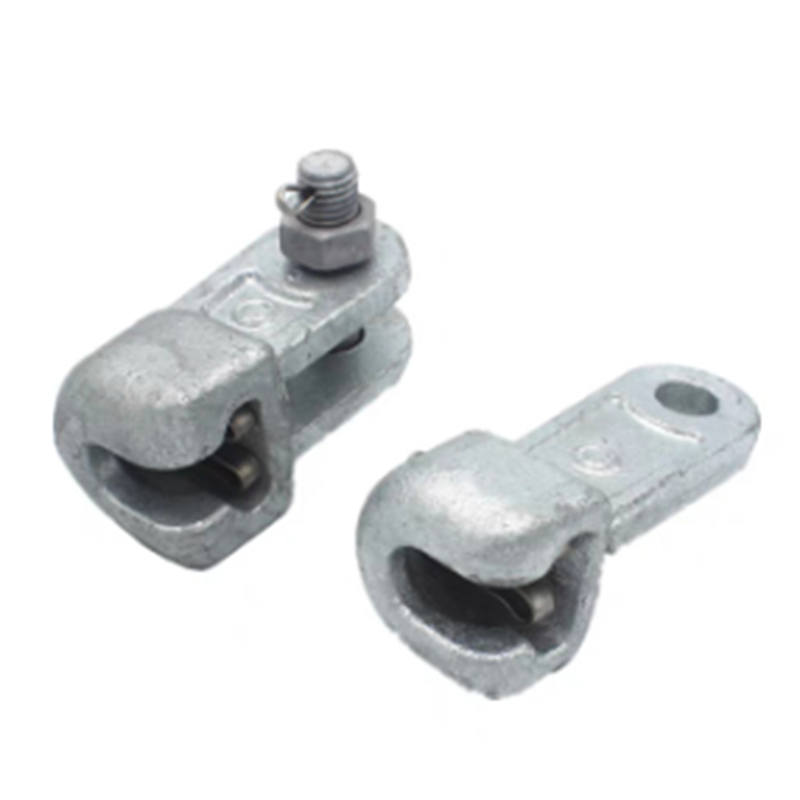- Chinese
- French
- German
- Portuguese
- Spanish
- Russian
- Japanese
- Korean
- Arabic
- Irish
- Greek
- Turkish
- Italian
- Danish
- Romanian
- Indonesian
- Czech
- Afrikaans
- Swedish
- Polish
- Basque
- Catalan
- Esperanto
- Hindi
- Lao
- Albanian
- Amharic
- Armenian
- Azerbaijani
- Belarusian
- Bengali
- Bosnian
- Bulgarian
- Cebuano
- Chichewa
- Corsican
- Croatian
- Dutch
- Estonian
- Filipino
- Finnish
- Frisian
- Galician
- Georgian
- Gujarati
- Haitian
- Hausa
- Hawaiian
- Hebrew
- Hmong
- Hungarian
- Icelandic
- Igbo
- Javanese
- Kannada
- Kazakh
- Khmer
- Kurdish
- Kyrgyz
- Latin
- Latvian
- Lithuanian
- Luxembou..
- Macedonian
- Malagasy
- Malay
- Malayalam
- Maltese
- Maori
- Marathi
- Mongolian
- Burmese
- Nepali
- Norwegian
- Pashto
- Persian
- Punjabi
- Serbian
- Sesotho
- Sinhala
- Slovak
- Slovenian
- Somali
- Samoan
- Scots Gaelic
- Shona
- Sindhi
- Sundanese
- Swahili
- Tajik
- Tamil
- Telugu
- Thai
- Ukrainian
- Urdu
- Uzbek
- Vietnamese
- Welsh
- Xhosa
- Yiddish
- Yoruba
- Zulu
- Kinyarwanda
- Tatar
- Oriya
- Turkmen
- Uyghur

8.8 Bolts
Understanding 8.8 Bolts in Construction and Engineering
In the world of fasteners, the term 8.8 bolts frequently causes confusion. They’re not just numbers; they're a representation of strength and performance, yet misconceptions abound. These bolts are a mainstay in construction, offering a blend of tensile strength and shear resistance ideal for structural applications. But how often do we pause to consider their true capabilities—or limitations?
The Basics of 8.8 Bolts
Let’s start with the numbers. The 8.8 classification refers to the mechanical properties of the bolt. Specifically, it indicates a bolt with a tensile strength of 800 MPa and a yield strength of 640 MPa. This makes them suitable for medium to heavy load applications. But one size doesn't fit all, and selecting the right bolt often involves more than just reading a number on the label.
I've seen the mistakes firsthand—engineers opting for 8.8 bolts under the assumption they're universally applicable for all structural needs. While they're versatile, they're not without their limits. Overestimating their strength can lead to premature failure, particularly under dynamic loads or in corrosive environments.
Take, for example, an incident we had at Shengfeng Hardware Fastener Factory, where a client miscalculated their load requirements. They assumed 8.8 bolts were sufficient for a high-vibration setting without considering fatigue life. The result was a costly lesson in the importance of understanding bolt grades' specific applications.
Common Misunderstandings and Real-World Implications
Another common mistake concerns the environment. 8.8 bolts, often composed of carbon steel, may rust if not properly treated or coated. Using these in outdoor settings without adequate protection can result in degradation over time. It's tempting to assume that their strength compensates for the lack of protective measures, but that’s a gamble that can lead to failure.
We once supplied a project where the client insisted on using untreated 8.8 bolts in a coastal environment. Despite our recommendations, they overlooked the issue of corrosion. Months later, they faced extensive rusting, leading to a significant safety hazard and urgent replacements.
At Shengfeng Hardware Fastener Factory, we emphasize the selection of the right coating or stainless alternatives for such scenarios. Not acknowledging environmental effects is, unfortunately, an industry-wide oversight.
Practical Tips for Selecting the Right Bolts
When choosing 8.8 bolts, it's crucial to assess the entire context of the application. Are you dealing with static or dynamic loads? Is corrosion a concern? Consider the full spectrum of environmental and load conditions. Thoughtful planning upfront can prevent many downstream issues.
A memorable project comes to mind where a build required not just strength, but subtle flexibility to account for thermal expansion. Here, selecting 8.8 bolts was part of a broader strategy involving washers and controlled torque application. It's these nuances that ensure long-term success in fastening.
Ultimately, while 8.8 bolts are widely used for good reason, their optimal application is all about detail. Selecting bolts is often an iterative process involving engineering judgment, material science, and practical insights.
Installation Challenges
The installation of 8.8 bolts is often underestimated in its complexity. Torque specifications are critical; too much can lead to overtightening, whereas too little might result in joint slippage. At Shengfeng Hardware Fastener Factory, we stress the importance of torque wrenches and calibrated tools to ensure correct installation.
A colleague once recounted how improper tightening on a project lead to a cascade of failures. It's a reminder that even the best bolts falter under poor installation practices. We advocate training sessions and hands-on workshops to mitigate such issues.
Furthermore, regular maintenance checks are integral. Bolts are not just install-and-forget components; they demand inspection and torque checks especially in dynamically loaded applications.
The Importance of Understanding Material Properties
Finally, a word on material properties. 8.8 bolts are typically made of medium carbon steel, but not all steel is created equal. Heat treatment processes significantly influence the final properties of the bolt. At Shengfeng Hardware Fastener Factory, we ensure our bolts undergo stringent quality checks to meet all specified standards.
One frequent issue is assuming all 8.8 bolts are comparable. Substandard imports can have varying properties that fall short in rigorous conditions. At our facility, traceability and certification provide the assurance that what you receive is up to spec.
To wrap it up, treating bolts like commodities might work in low-stakes scenarios, but for critical infrastructure, a more nuanced understanding is crucial. Remember, a bolt’s true value is realized only when matched correctly to its working environment.
Final Thoughts on Choosing Bolts
Choosing the right fastener isn’t just about specs on paper; it’s an art involving understanding, application, and sometimes a dash of intuition. While 8.8 bolts are often reliable workhorses, they should never be chosen by default.
Through each project at Shengfeng Hardware Fastener Factory, we’ve learned that the depth of understanding you apply to even mundane components like bolts can define the success of an entire build. Thoughtful selection, paired with meticulous execution, remains the key to successful engineering outcomes.
For potential inquiries or more information about our products, you can explore more at Shengfeng Hardware Fastener Factory.
Соответствующая продукция
Соответствующая продукция






